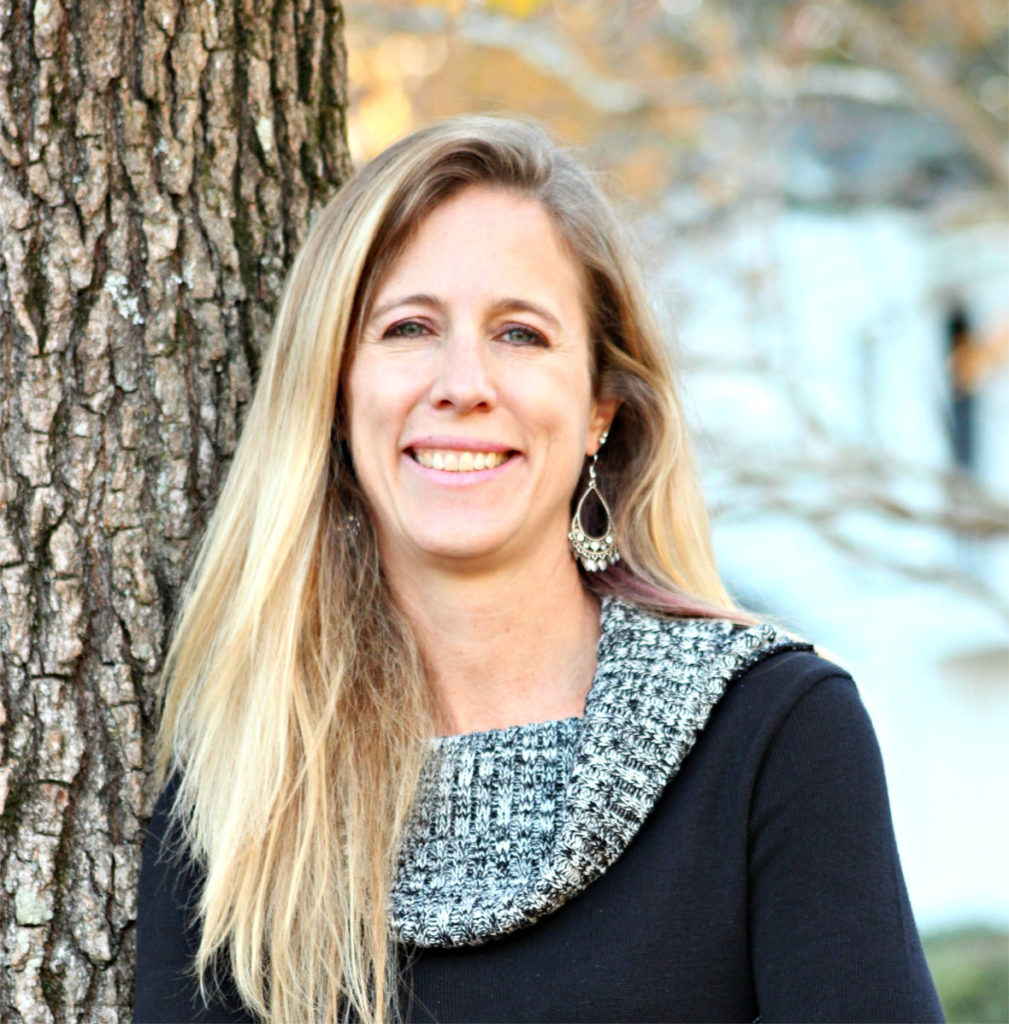TIPS #3 Creating Network Effects: Intelligence Sharing for Supply Chain Security
Andrea Little Limbago (Interos)
Andrea Little Limbago
Interos
Dr. Andrea Little Limbago is a computational social scientist specializing in the intersection of technology, national security, and society. As the Vice President of Research and Analysis at Interos, Andrea leads the company’s research and analytic work regarding global supply chain risk with a focus on governance, cyber, economic, and geopolitical factors. She oversees community engagement and research partnerships with universities and think tanks and is a frequent contributor to programme committees and mentorship and career coaching programs. Andrea is also a Co-Program Director for the Emerging Tech and Cybersecurity Program at the National Security Institute at George Mason. Andrea previously taught in academia, was a technical lead at the Department of Defense, and was Chief Social Scientist at Endgame and Virtru. Andrea earned a Ph.D. in Political Science from the University of Colorado at Boulder and a B.A. from Bowdoin College.

